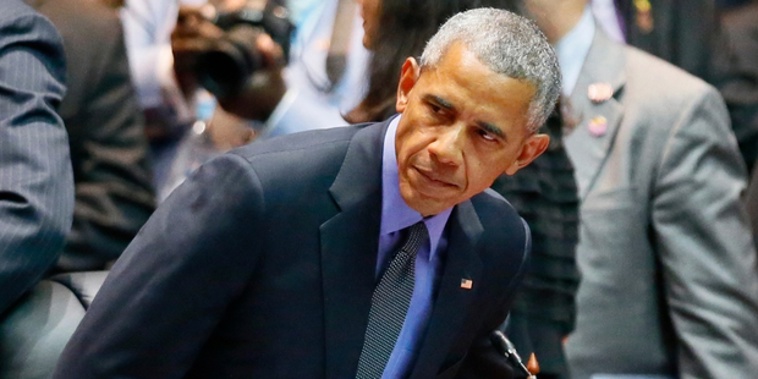
The United Nations Security Council has urged China, the United States, North Korea, Egypt, India, Iran, Israel and Pakistan to ratify a treaty banning nuclear explosions, which would allow the deal negotiated 20 years ago to come into force.
More than 160 countries have ratified the 1996 Comprehensive Nuclear-Test-Ban Treaty (CTBT).
Since then India, Pakistan and North Korea have conducted nuclear tests.
This month Pyongyang conducted its fifth and largest test.
North Korean Foreign Minister Ri Yong Ho told the United Nations his country's decision to strengthen its nuclear weapons capability in spite of UN condemnation was a "righteous self-defense measure" and it would not abandon its deterrence while it was threatened by nuclear-armed states.
In an address to the General Assembly, Ri also warned the United States against bomber flights over the demarcation line on the Korean peninsula, saying the United States "will have to face tremendous consequences beyond imagination".
The 15-member Security Council adopted a US-drafted resolution on Friday with 14 votes in favour and an abstention by Egypt.
The UN resolution calls on all states to refrain from conducting any nuclear explosions, but does not impose any legal obligations but adds political weight to the push for the treaty to be enacted.
US President Barack Obama's administration has said it would like to ratify the treaty, but a number of US lawmakers, especially Republicans, oppose ratification of a pact they fear would limit US security options.
"Our affirmative vote here is a sign of our unwavering commitment to a safer world in which nuclear technology is used solely for peaceful purposes and the risk of nuclear conflict is no more," US Secretary of State John Kerry.
He said the resolution does not impose a legal prohibition on testing or require governments to adopt new reporting.
Take your Radio, Podcasts and Music with you









